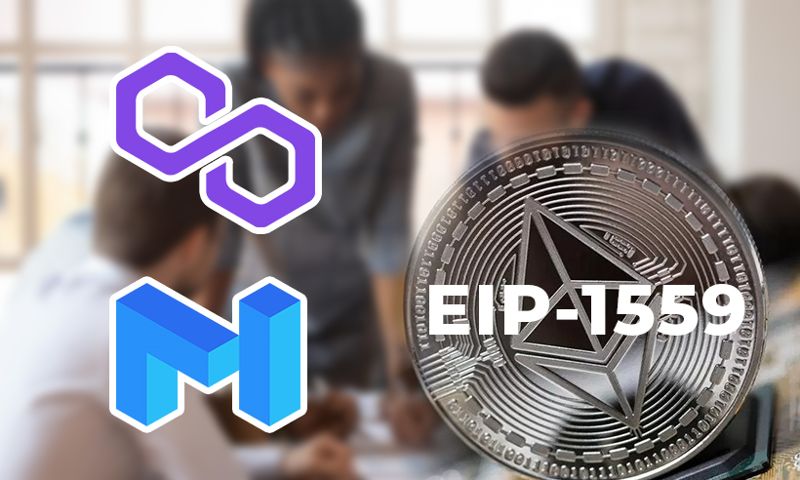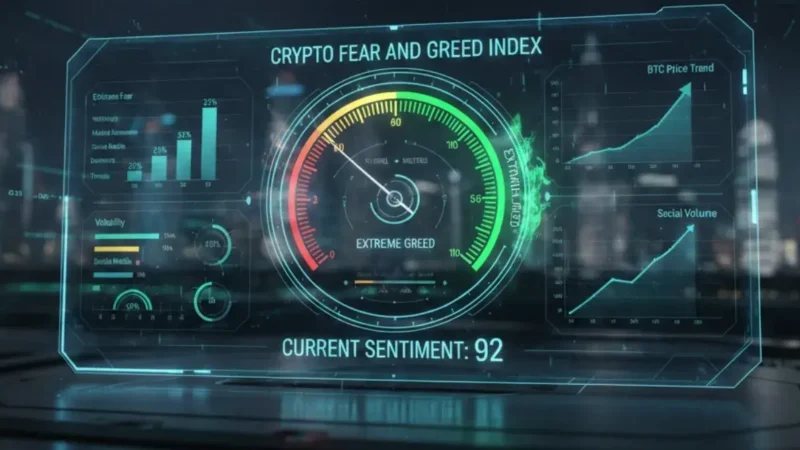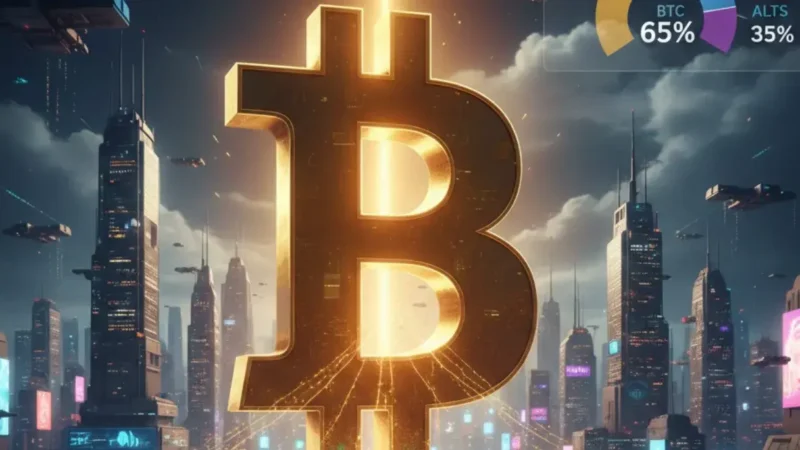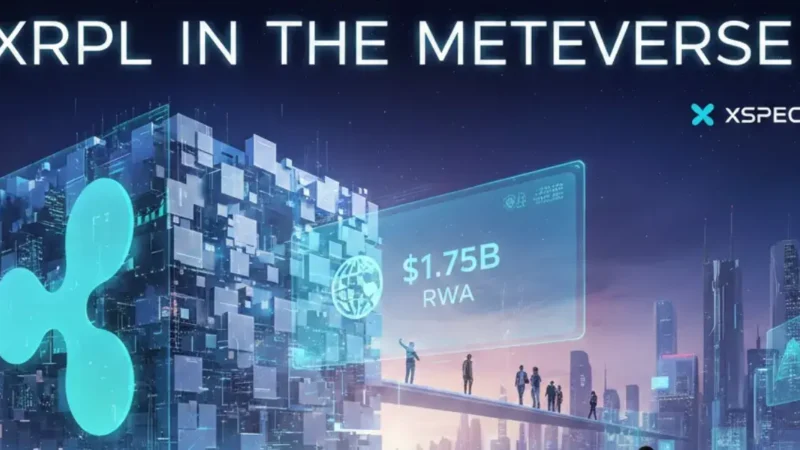Polygon is testing deflationary Ethereum upgrade EIP-1559 in India

Polygon (MATIC) has decided to follow other deflationary networks like Ethereum and Binance Smart Chain (BSC). According to an announcement made on December 14, the EIP-1559 upgrade will be implemented in a polygon test network in Mumbai.
EIP-1559 (Ethereum Improvement Proposal) is an upgrade that was part of Ethereum’s London Hark-Fork in August. It limits transaction fees to a base fee, with an option for priority fees for faster transaction processing. This eliminates what Polygon calls the “first price auction” when calculating fees.
However, these changes do not lead to a reduction in transaction fees, as the basic fees fluctuate depending on the network load. However, the Apgrade gives customers better rate estimates and reduces gas rate inflation.
EIP-1559 in a practical test
Similar to Ethereum, EIP-1559 will also introduce a basic fee for Polygon. MATIC tokens have a maximum inventory of 10 billion pieces. A burn reduces the inventory, which has a positive effect on the course.
Polygon notes that the Testnet implementation comes after extensive discussions with the Polygon community about its potential impact. EIP-1559 seems to have found many followers due to the high demand for Polygon. This is apparently due to the effect deflationary systems had on Ethereum and BSC.
“After extensive discussions with the community and their contributions, Polygon is now taking steps to bring this long-awaited upgrade to our network. It will be activated on December 14th at 08:00 UTC in the Mumbai Testnet. “
In November, Ethereum had its first deflationary week, with the number of tokens burned exceeding those mined. Similar weeks followed, and by the end of November the number of ETH burned exceeded a million. It was around this time that Binance introduced BEP-95, which is used to burn up to 10% of BNB transaction costs.
Other effects
Presumably, Polygon’s implementation of EIP-1559 will have an even greater impact on MATIC than on Ethereum. This is because MATIC has an upper limit, but ETH does not. Polygon estimates that the combustion function will destroy 0.27% of the MATIC supply annually.
DApp users and developers as well as MATIC owners will benefit from calculable gas fees. Validators and delegators will benefit from an increase in MATIC as their rewards are based on the token. The changes will also reduce spam transactions and the resulting congestion on the network. In the future, however, validators will only receive the priority fee and no longer the entire transaction fee. It is unclear when the deflationary mechanism will find its way into Polygon’s main network.
The MATIC price continued to decline with the general market depression. At press time, it was trading at $ 1.82, a decrease of 6.4% based on our data . MATIC had lost 20% in the past week.




